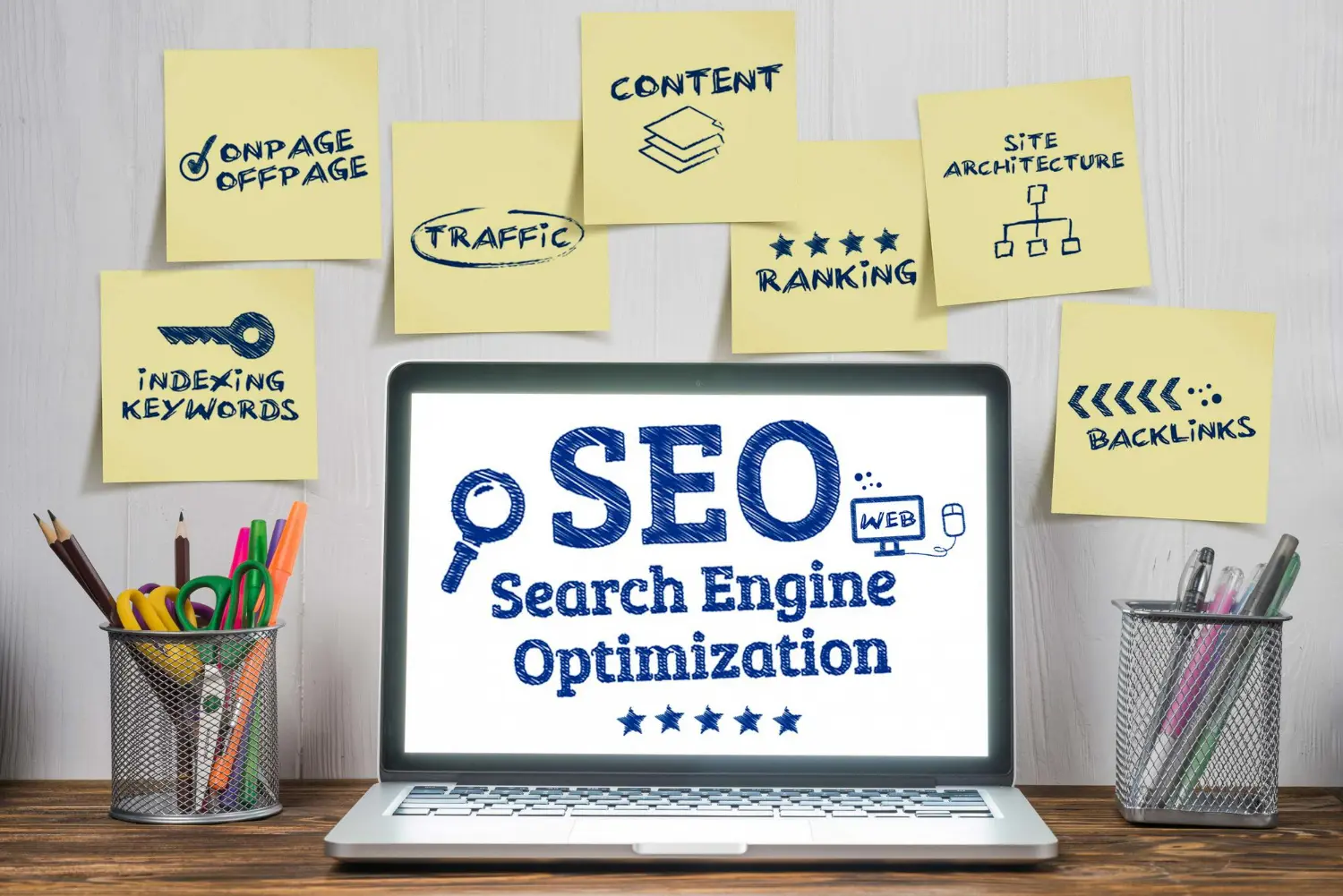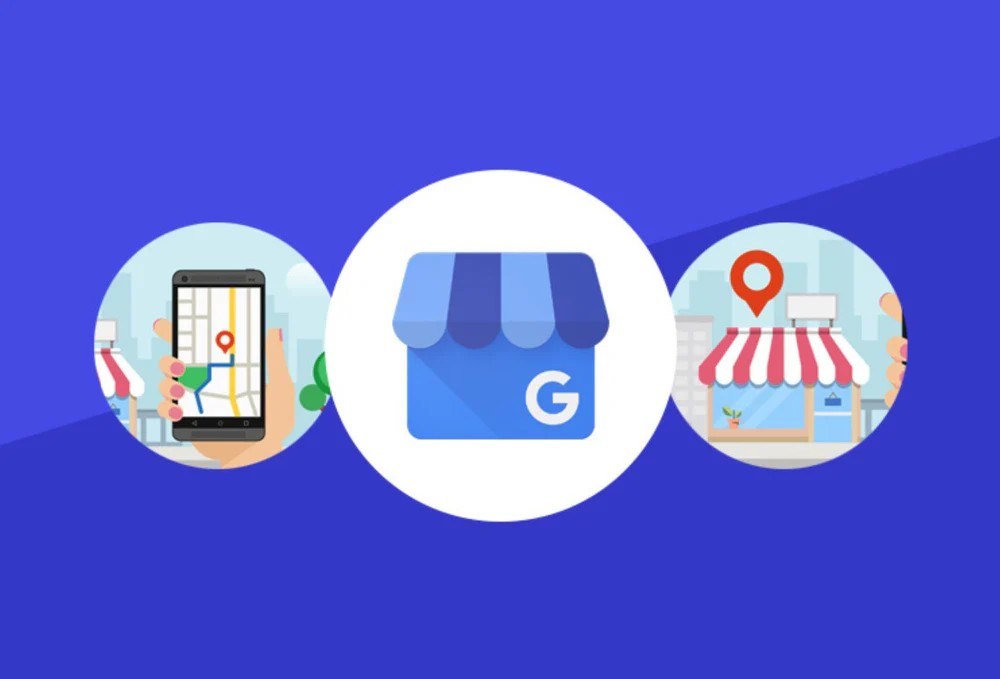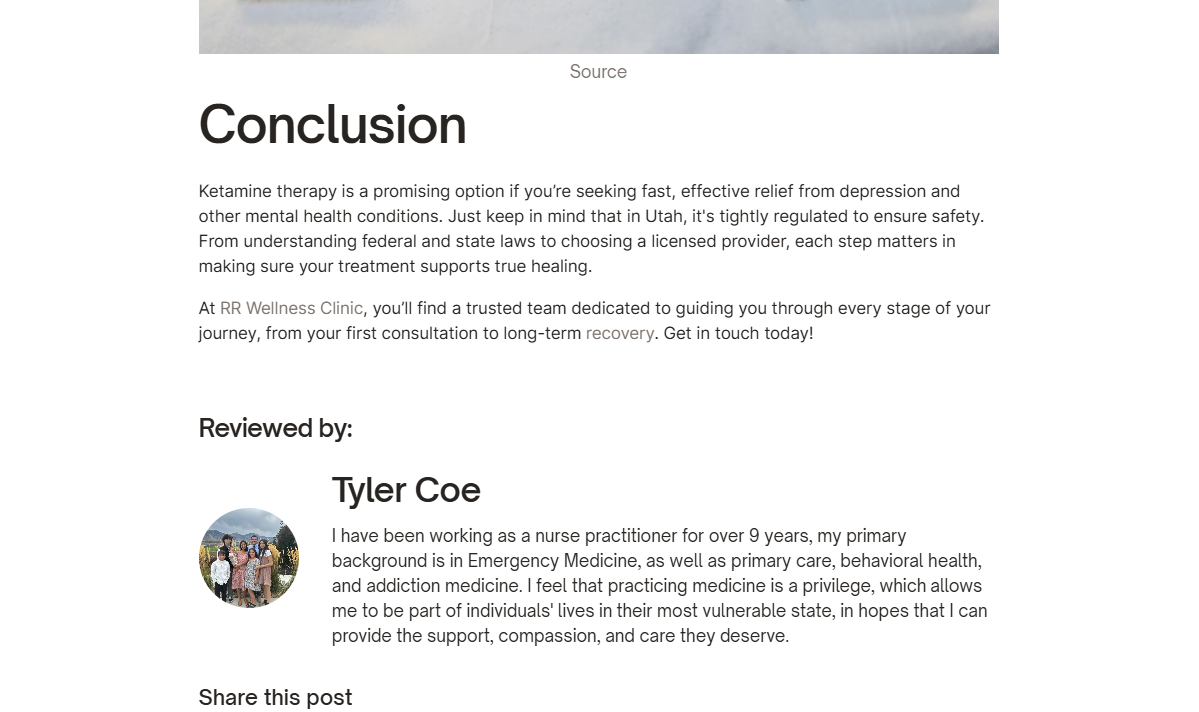
When someone searches for addiction treatment, it’s rarely a casual Google search. It’s often a moment of crisis, either for the person struggling or for a loved one desperately trying to find help. In these moments, your treatment center needs to show up quickly, clearly, and credibly.
But in a crowded digital landscape, showing up on page one doesn’t happen by accident. Search engine optimization (SEO) has become a critical tool for treatment centers looking to reach the right people at the right time. Done right, SEO could drive admissions, build trust, and extend your impact far beyond your physical location.
This guide will help marketing and leadership teams at addiction treatment centers who want real results. We’ll break down the core SEO strategies that actually work: how to dominate local search, build out high-converting content, and establish the kind of online authority that earns Google’s trust and your audience’s confidence.
Mastering Local SEO: Win Where It Counts

When it comes to addiction treatment, location matters. Most people begin their search with phrases like “rehab near me” or “addiction treatment in [city],” and Google responds with hyper-localized results. The first thing they see isn’t your website. It’s your Google Business Profile (GBP). That’s why local SEO is often the fastest way to increase visibility and drive qualified leads.
Optimizing your Google Business Profile is critical. A fully completed profile with accurate details, engaging photos, and regular updates increases trust and improves your chances of showing up in the coveted “Map Pack.” According to a BrightLocal study, businesses with optimized GBPs receive more calls, website clicks, and direction requests than those with incomplete listings. For addiction treatment centers, this means more people reaching out when they need help the most. Your business description should include relevant services and keywords naturally, while your hours, contact information, and categories must remain up-to-date. Adding photos of your facility, staff, and surroundings helps humanize your brand. Posting regular updates, whether it’s a blog, testimonial, or program announcement, also signals activity to Google and gives users a reason to engage.
Equally important are your local landing pages. If your treatment center serves multiple cities or regions, each location should have its own page tailored to that area. These pages need to have unique content, localized keywords, testimonials from that community, and embedded Google Maps. Google’s algorithm rewards relevance, and localized pages increase the chance you’ll appear for geo-specific searches like “outpatient rehab in Tempe” or “MAT program near Boise.” Reusing the same template with minor changes won’t cut it. Instead, focus on what makes your presence in each city unique, whether that’s partnerships, team members, or service offerings.
Another non-negotiable in local SEO is NAP consistency—your name, address, and phone number must match across every online platform. From your website to directories like Psychology Today, Healthgrades, and Yelp, even a small discrepancy can signal to Google that your business isn’t trustworthy. Over time, this can lower your local ranking. Tools like Whitespark or Moz Local can help identify inconsistencies, while services like Yext provide centralized management of listings. This is especially helpful for centers with multiple locations or recent changes to business contact information.
Building a Content Strategy That Converts

Content is the backbone of your SEO strategy. High-value, well-targeted content builds credibility, supports user journeys, and helps convert organic interest into inquiries.
A foundational step is developing a robust keyword strategy. Begin by identifying the phrases people use when searching for addiction treatment. You may use tools like Google Keyword Planner, Ahrefs, or SEMrush to find high-intent and long-tail terms such as “inpatient rehab in Portland” or “signs of fentanyl addiction”. Align these keywords with user intent at different stages: awareness (e.g. symptoms), consideration (e.g. comparing levels of care), and decision (e.g. treatment center evaluation).
Once you have your keywords, design service pages that clearly describe each level of care (for instance, detox, residential, PHP, outpatient, MAT, aftercare) with structured sections covering symptoms, treatment approach, outcomes, and a strong call-to-action. These pages should also interlink and point to relevant blog content to guide visitors through the site journey.
Complement service pages with a strategically planned blog or educational section. Topics should address the questions people are asking. For example, “What to expect in a medical detox,” or “Inpatient vs outpatient rehab,” can serve different stages of the funnel. Content should be empathetic, informative, and rich in long-form writing rather than surface-level explanation. Research shows that long-form, authoritative content on rehab sites performs better in rankings and engagement.
FAQ sections are especially powerful in this space. Common questions like “Does insurance cover rehab?” or “Can I work while attending outpatient programs?” should be addressed in your content and enhanced with FAQ Schema markup. This structured data increases your chances of being featured in Google’s answer boxes and improves visibility.
In all content, emphasize E‑E‑A‑T (Experience, Expertise, Authoritativeness, Trustworthiness). Use author bylines with relevant credentials, introduce medical reviewers, and highlight accreditation credentials like CARF or LegitScript. Embedding profiles or bios of licensed professionals adds trust and authenticity to your content.
When it comes to additional learning and resources, industry-leading references can strengthen your content’s credibility. The Substance Abuse and Mental Health Services Administration (SAMHSA) publishes Treatment Improvement Protocols (TIPs), a compendium of expert-based best practices available freely online. These make excellent citations or further reading suggestions.
By expanding and refreshing your content, you signal to Google that your site is active and authoritative. This can be done by adding new blog posts, updating FAQs, and enriching service descriptions regularly. More importantly, you serve prospective clients and their families with the knowledge they need to take the next step toward recovery.
Authority Building: Prove You’re Trustworthy
Establishing authority online is critical for addiction treatment centers. Google prioritizes content that demonstrates E-E-A-T—Experience, Expertise, Authoritativeness, and Trustworthiness. Here’s how to actively build that trust:

- Feature licensed professionals and reviewers throughout your site
Showcase content written or reviewed by credentialed experts, such as LCSWs, CADCs, or MDs. Include bios that list their qualifications, years of experience, and roles within your organization. This signals to both users and Google that your information is accurate, safe, and informed by real-world expertise. - Highlight accreditations and credentials clearly
Prominently display badges and certifications such as CARF, Joint Commission, or LegitScript on your homepage, About page, and footer. Explain what these accreditations mean and why they matter to your clients. These third-party validations help establish institutional credibility and improve your trustworthiness in the eyes of search engines. - Earn high-quality backlinks from trusted sources
Backlinks are one of the most powerful ranking signals. Secure links by contributing to local news outlets, participating in health or recovery-related community events, writing guest blogs for relevant industry sites, or being listed in directories like Rehab.com and Psychology Today. Avoid spammy link-building tactics. Google prioritizes natural, relevant mentions. - Manage your review profile strategically
Encourage satisfied clients and family members to leave Google reviews. Use automated follow-ups after discharge or family workshops to request feedback. Make sure to respond to all reviews professionally, especially the negative ones, without revealing any identifying client information (to stay HIPAA-compliant). According to Whitespark’s 2023 Local Ranking Factors, review volume and response quality influence your local SEO performance. - Build local citations and ensure NAP consistency
Citations or mentions of your business on directories and local sites are essential for local SEO. Use tools like Moz Local or BrightLocal to scan for missing or inconsistent listings. Prioritize reputable platforms like Healthgrades, Yelp, and BBB. Each consistent listing reinforces your center’s legitimacy and helps Google validate your location and services. - Use schema markup to reinforce trust signals
Implement structured data (schema.org) to highlight authorship, reviews, and local business information. Use FAQ schema on educational pages and review schema on testimonial sections. This not only helps Google better understand your content but also increases your chances of appearing in rich snippets.
When these trust-building efforts are consistently applied, your treatment center becomes more than just a result on a page—it becomes a credible, empathetic choice for people seeking help.
Build a Strategy That Works and Keeps Working
Search engine optimization isn’t a one-time fix. It’s a long-term strategy that aligns with the mission of your treatment center: helping people find the right care at the right time. When implemented correctly, SEO doesn’t just boost your search rankings; it builds visibility, credibility, and trust with the very people who need your services most.
The strategies we’ve covered are proven approaches that treatment centers across the country are using to consistently drive calls, increase admissions, and stay ahead of the competition.
If your addiction treatment center is serious about sustainable growth, it’s time to move beyond generic tactics and invest in SEO strategies tailored for behavioral health. Whether you’re managing marketing in-house or working with an agency, ensure your efforts are grounded in real-world expertise, evidence-backed tactics, and a deep understanding of how people search for help.
Your next client is already searching for you. Make sure they can find you—and feel confident when they do.
Need a Team That Knows Behavioral Health SEO Inside and Out?
At RxMedia, we specialize in helping addiction treatment centers rise to the top of search results. From local SEO to content strategy and authority-building, our approach is built specifically for the behavioral health space. We don’t do guesswork. We do what works. Contact us today.


.jpg)
.png)